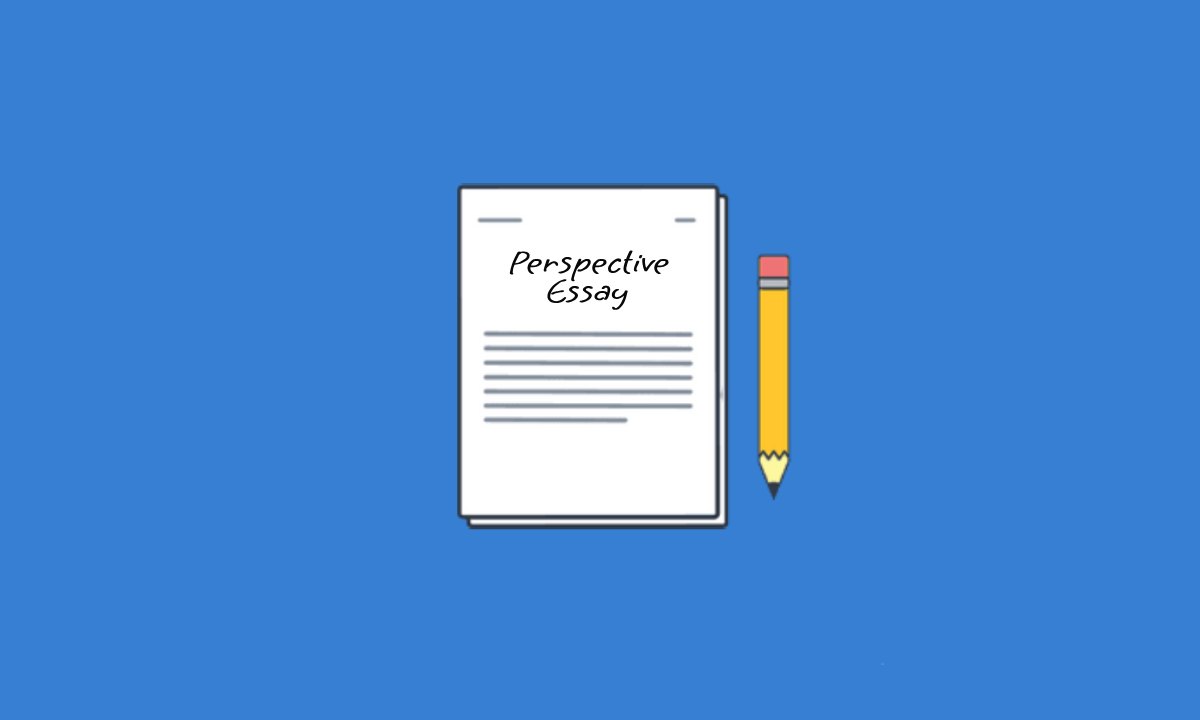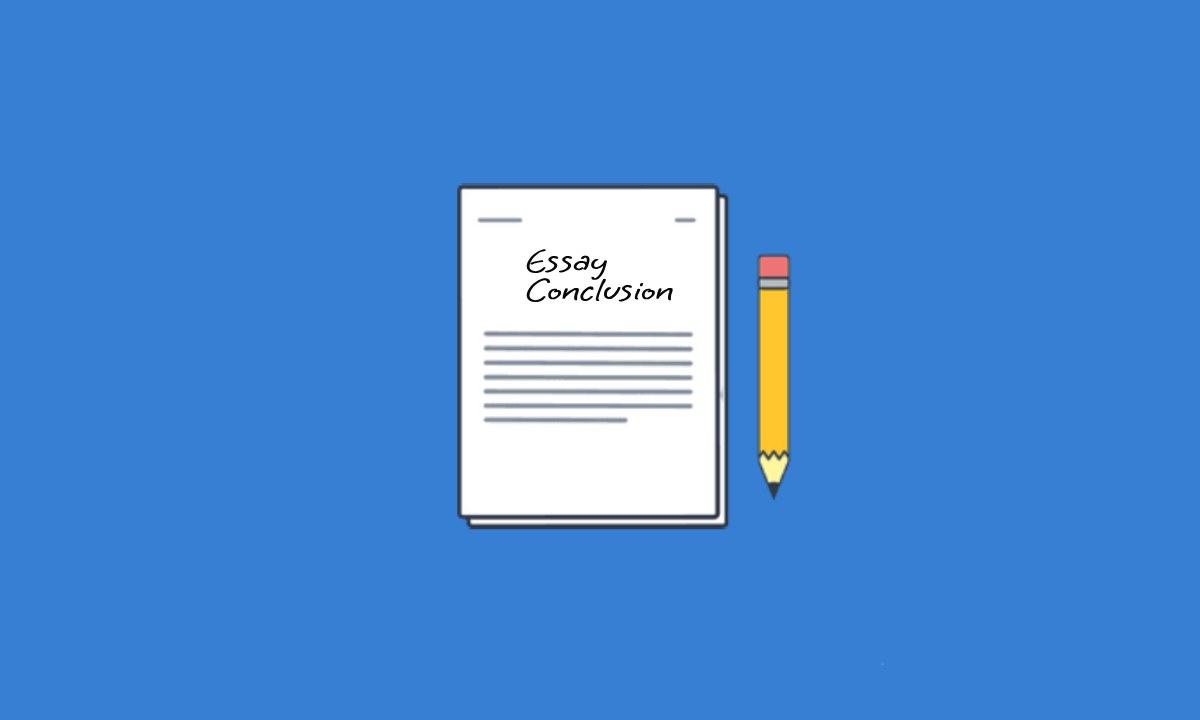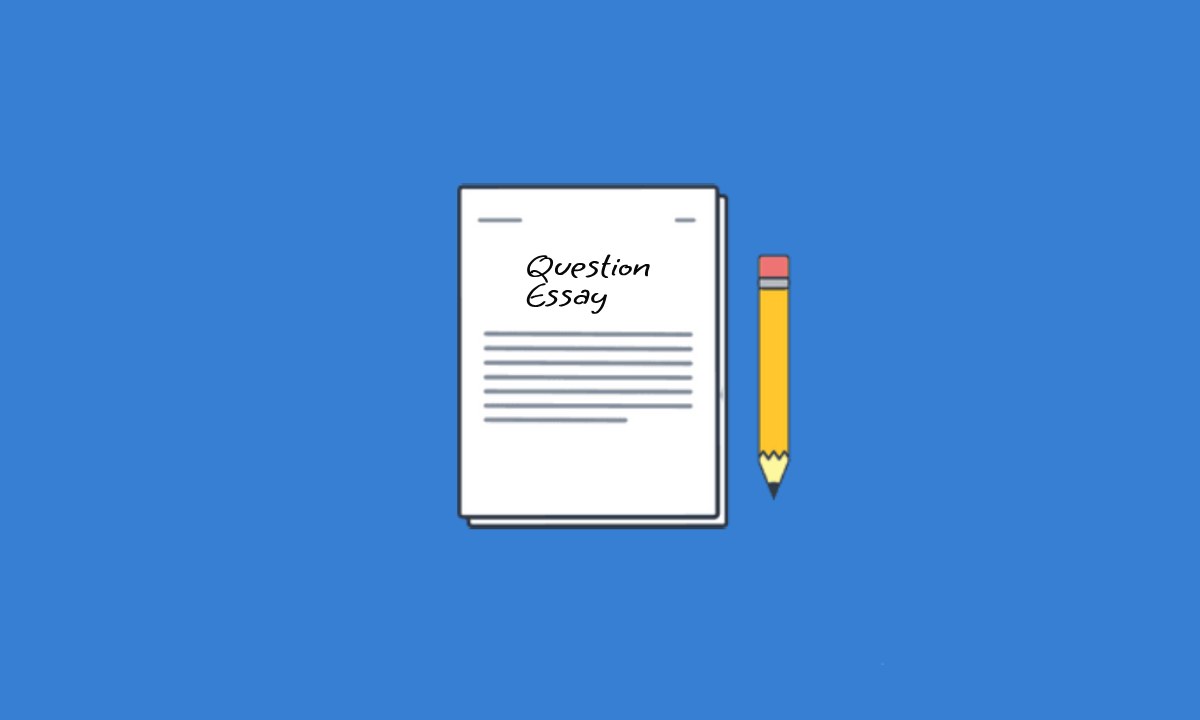What is Perspective Essay?
A perspective essay is a type of writing that presents a particular point of view or opinion on a specific topic or issue. The goal of a perspective essay is to convey the author’s unique perspective, supported by reasoning, evidence, and examples, in a coherent and persuasive manner.
Perspective Essay Format:
1. Introduction
Hook: Start with an engaging sentence to grab the reader’s attention. This could be a quote, a question, a fact, or an anecdote related to your topic.
Context: Provide some background information on the topic to help the reader understand its significance.
Thesis Statement: Clearly state your perspective on the topic. This will be the main argument or point you will support throughout the essay.
2. Body Paragraphs
Each paragraph should focus on a single point supporting your perspective. Use the following structure for each body paragraph:
Topic Sentence: Start with a sentence that clearly states the main idea of the paragraph.
Explanation: Explain the point in more detail, providing context and background as needed.
Evidence: Provide evidence to support your point. This could include facts, statistics, examples, anecdotes, or quotes from experts.
Analysis: Explain how the evidence supports your point and connects to your overall thesis.
Transition: End with a sentence that smoothly transitions to the next paragraph.
3. Counterarguments
Acknowledgement: Recognize opposing viewpoints to show that you have considered different perspectives.
Refutation: Provide evidence and reasoning to refute these counterarguments, demonstrating why your perspective is more valid.
4. Conclusion
Restate Thesis: Summarize your main points and restate your thesis in a new way to reinforce your argument.
Summary: Briefly recap the key points you made in the body paragraphs.
Closing Thought: End with a strong closing statement. This could be a call to action, a prediction, a question, or a reflection on the broader implications of your perspective.
How to Write Perspective Essay?
Writing a perspective essay involves presenting a unique viewpoint or opinion on a particular topic. Here’s a step-by-step guide to help you write an effective perspective essay:
1. Choose Your Topic
Selecting a subject for your perspective essay is the first crucial step. Opt for a topic you are passionate about or have a strong opinion on, as this will make your writing more engaging and persuasive. Ensure the topic is specific enough to be covered thoroughly in your essay. A broad topic might be too unwieldy, while a narrow one can be covered in depth, allowing for a more nuanced discussion of your perspective.
2. Research
Thorough research is essential to understand different aspects of your chosen topic and to gather evidence that supports your viewpoint. Use credible sources such as academic journals, books, and reputable websites. As you research, take detailed notes on key points, relevant quotes, statistics, and examples that will bolster your argument. This preparation will provide a solid foundation for your essay and lend credibility to your perspective.
3. Define Your Perspective
Once you have a good grasp of the topic, clearly define your stance. Articulate your position in a concise thesis statement that encapsulates your viewpoint. This statement will serve as the guiding idea for your essay, helping you stay focused and ensuring that your argument remains coherent and compelling throughout.
4. Create an Outline
An outline is a blueprint for your essay and helps organize your thoughts logically. Start with an introduction that includes a hook to grab the reader’s attention, some background information to set the context, and your thesis statement. For the body paragraphs, begin each with a topic sentence that introduces the main idea, followed by evidence to support your claims. Include explanations of how this evidence backs your perspective, and address counterarguments to demonstrate a well-rounded understanding of the topic. Conclude by restating your thesis in a new way, summarizing your main points, and ending with a strong closing thought, such as a call to action or a thought-provoking question.
5. Write the Essay
Begin by crafting an engaging introduction that sets the stage for your argument. Write the body paragraphs based on your outline, ensuring each paragraph flows logically to the next. Develop each argument clearly and support it with evidence, making sure to explain the significance of this evidence. Address opposing viewpoints respectfully and refute them with solid reasoning and evidence. Finally, write a conclusion that reinforces your thesis and leaves a lasting impression on the reader.
6. Revise and Edit
After writing your initial draft, revise your essay to improve clarity and organization. Ensure your arguments are clearly articulated and logically structured. Proofread for grammar, punctuation, and spelling errors. Refine your language to enhance readability and impact, making sure each sentence contributes meaningfully to your overall argument.
7. Finalize Your Essay
Format your essay according to the required guidelines, whether MLA, APA, or another style. Include proper citations for any sources you referenced during your research to avoid plagiarism and to give credit to original authors. By following these steps, you will craft a well-organized, persuasive perspective essay that effectively communicates your viewpoint.
Perspective Essay Topics:
Here are several topics ideal for writing perspective essays.
Personal Experience
How a significant life event changed your perspective.
A moment when you had to reconsider your beliefs or values.
The influence of travel on your worldview.
The role of a mentor or role model in shaping your perspective.
How a failure or setback taught you a valuable lesson.
Social Issues
The impact of social media on personal identity.
How growing up in different cultural settings shapes perspectives.
The importance of empathy in addressing social justice issues.
The role of education in combating prejudice and discrimination.
The influence of socioeconomic status on access to opportunities.
Literature and Art
How a particular book or author changed your outlook on life.
The role of art in challenging societal norms.
The impact of a specific film or piece of music on your perspective.
How different cultural narratives in literature shape our understanding of the world.
The influence of historical events on artistic expression.
Technology and Innovation
The ethical implications of artificial intelligence.
How technology shapes our communication and relationships.
The benefits and drawbacks of living in a digitally connected world.
The future of work in the age of automation.
The role of innovation in solving global challenges.
Environmental Issues
The impact of climate change on your local community.
The importance of sustainability in everyday life.
The role of individual action in environmental conservation.
The relationship between economic development and environmental protection.
The influence of environmental activism on public policy.
Education
The role of technology in modern education.
How different educational systems shape student perspectives.
The impact of extracurricular activities on personal development.
The importance of diversity and inclusion in educational settings.
The future of education in a post-pandemic world.
Health and Well-being
The psychological impact of chronic illness.
The role of mental health awareness in society.
How fitness and diet influence overall well-being.
The importance of work-life balance for mental health.
The effects of the healthcare system on patient perspectives.
Ethics and Morality
The ethical dilemmas of genetic engineering.
The role of morality in business practices.
The impact of cultural differences on ethical decision-making.
The importance of integrity in personal and professional life.
The ethical implications of media and journalism.
Perspective Essay Example:
Here is an example of perspective essay.
The Transformative Power of Travel
Travel has long been celebrated as a means to escape the monotony of daily life, offering new experiences and adventures. However, beyond the picturesque landscapes and exotic cuisines, travel holds a deeper, more transformative power. It has the potential to fundamentally change our perspectives, broaden our understanding of the world, and foster personal growth. Through my own experiences, I have come to appreciate the profound impact travel can have on our lives.
A Broadening Horizon
One of the most significant ways travel transforms us is by broadening our horizons. When we step out of our comfort zones and immerse ourselves in different cultures, we encounter ways of life that are vastly different from our own. These encounters challenge our preconceived notions and stereotypes, forcing us to rethink our understanding of the world. For instance, during a trip to Japan, I was struck by the meticulous attention to detail and the deep-rooted respect for tradition that permeates Japanese society. This experience made me appreciate the value of cultural preservation and the beauty of rituals that are often overlooked in my fast-paced, modern lifestyle.
Developing Empathy
Travel also has the power to cultivate empathy. By engaging with people from diverse backgrounds, we begin to see the world through their eyes. We hear their stories, understand their struggles, and celebrate their triumphs. This newfound empathy fosters a sense of global citizenship and a commitment to making the world a better place. I recall a visit to a remote village in Kenya, where I spent time with the local community. Witnessing their resilience in the face of adversity and their unwavering sense of community was humbling. It inspired me to contribute to causes that support underprivileged communities and advocate for social justice.
Personal Growth
In addition to expanding our worldview, travel can be a catalyst for personal growth. It pushes us out of our comfort zones and challenges us to navigate unfamiliar environments. This process of adaptation and problem-solving enhances our confidence and resilience. I vividly remember getting lost in the winding streets of Venice. What initially felt like a daunting experience turned into an opportunity to hone my navigation skills, communicate with locals despite the language barrier, and ultimately find my way. This adventure taught me the importance of patience, resourcefulness, and embracing uncertainty.
Building Connections
Moreover, travel creates opportunities to build meaningful connections. Whether it’s forming friendships with fellow travelers or establishing bonds with locals, these interactions enrich our lives and create lasting memories. On a backpacking trip through South America, I met people from all walks of life, each with unique stories and perspectives. These connections made my journey more memorable and taught me the value of human connection in an increasingly digital world.
Conclusion
In conclusion, travel is more than just a leisure activity; it is a powerful tool for personal transformation. By exposing us to diverse cultures, fostering empathy, promoting personal growth, and building connections, travel reshapes our perspectives and enriches our lives. My own travels have been instrumental in shaping the person I am today, instilling in me a deep appreciation for the world’s diversity and a commitment to making a positive impact. As the world becomes more interconnected, embracing the transformative power of travel is essential for fostering understanding and unity among people from all corners of the globe.



